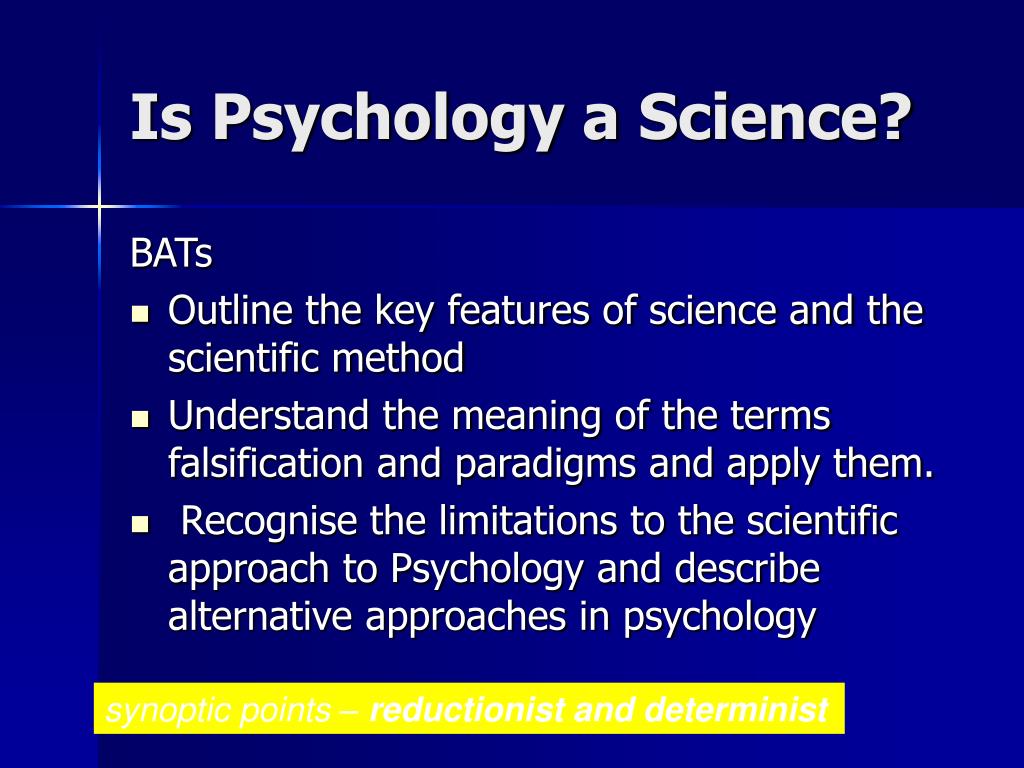Religious Pluralism: Understanding Different Perspectives on Truth Claims
Understand religious truth claims
Religious truth claims represent one of humanity’s well-nigh profound and endure questions. Throughout history, various faith traditions have asserted their unique understanding of divine reality, spiritual truth, and the path to salvation or enlightenment. Christianity, like many world religions, maintain specific doctrinal positions about its role in human spiritual life.
The question of religious exclusivity versus inclusivity has sparked countless theological debates, philosophical discussions, and scholarly investigations. These conversations involve examine historical evidence, theological reasoning, comparative religious studies, and philosophical arguments about the nature of truth itself.

Source: YouTube.com
Historical context of religious development
Christianity emerges in the first centuryCEe within a diverse religious landscape that includeJudaismm, variousGrecooRomann traditions, mystery religions, and philosophical schools. EarlyChristiann communities develop their theological understanding while interact with these exist belief systems.
The historical development of Christian doctrine occur through centuries of theological reflection, church councils, and doctrinal formulations. Key concepts like the trinity, salvation through Christ, and biblical authority evolve through complex historical processes involve human interpretation and institutional development.

Source: growingchristians.org
Likewise, other major world religions develop their own theological frameworks within specific historical and cultural contexts. Buddhism emerges in ancientIndiaa,Islamm in seventh centuryArabiaa, andHinduismm through millennia of spiritual tradition in theIndiann subcontinent. Each tradition reflect the cultural, philosophical, and spiritual insights of its found period and subsequent development.
Philosophical challenges to exclusive truth claims
Several philosophical arguments challenge any religion’s claim to exclusive truth. The problem of religious diversity suggest that if one religion were definitively true, we might expect greater convergence among sincere seekers of truth quite than the persistent diversity we observe.
Cultural relativism argue that religious beliefs oftentimes reflect the cultural context in which they develop. The geographic distribution of religious adherence often correlate with birth location quite than independent evaluation of truth claims, suggest cultural quite than evidential factors influence belief formation.
Epistemological questions arise about how humans can faithfully access divine truth. If divine reality transcend human understanding, the capacity for any finite human institution or text to full capture infinite truth become questionable. This limitation apply to all religious traditions make absolute claims.
The problem of religious epistemology involve examine how religious knowledge differ from other forms of knowledge. Religious beliefs frequently rely on faith, revelation, and personal experience quite than empirical verification or logical demonstration unique.
Comparative religious studies perspectives
Academic study of world religions reveal remarkable diversity in theological concepts, spiritual practices, and moral frameworks. Each major tradition offer sophisticated theological systems, profound spiritual insights, and transformative practices that have sustained billions of adherents across centuries.
Buddhism present detailed psychological analysis of suffering and liberation without require belief in a creator deity. Hinduism encompass diverse philosophical schools range from dualistic to non-dualistic metaphysics. Islam emphasize divine unity and prophetic revelation through Muhammad. Judaism focus on covenantal relationship between god and the Jewish people.
Indigenous spiritual traditions ecumenical offer earth base spiritualities, shamanic practices, and community center approaches to the sacred that predate organize religions by millennia. These traditions demonstrate alternative ways of understand divine reality and human spiritual life.
Contemporary religious movements, include Baha’Ã, Sikhism, and various new age spiritualities, attempt to synthesize insights from multiple traditions while address modern spiritual needs.
Biblical scholarship and historical criticism
Modern biblical scholarship employ historical critical methods to understand biblical texts within their ancient contexts. This approach reveal the human authorship, editorial processes, and historical development of biblical literature.
Archaeological evidence and ancient near eastern studies illuminate the cultural background of biblical narratives, show connections between biblical stories and earlier Mesopotamian, Egyptian, and Canaanite traditions. The flood narrative, creation accounts, and legal codes show clear parallels with pre-existing ancient literature.
Textual criticism demonstrate that biblical manuscripts contain variations, copy errors, and later additions. The New Testament canon was established through centuries of debate, with various earlChristianan communities accept different collections of authoritative texts.
Historical Jesus research attempt to distinguish between the historical figure of Jesus and previous theological interpretations develop by early Christian communities. Scholars debate which sayings and actions can be faithfully attributed to the historicalJesuss versus later church tradition.
Scientific and rational considerations
Scientific understanding of natural phenomena provide explanations for events antecedently attribute to divine intervention. Evolutionary biology explain biological diversity without require special creation. Cosmology describe universe formation through natural processes. Neuroscience progressively explain religious experiences through brain activity.
Historical and archaeological evidence challenge certain biblical historical claims. The archaeological record does not support a massive Israelite exodus from Egypt or conquest of Canaan as describe in biblical narratives. Many events describe in biblical texts lack independent historical verification.
Rational analysis of religious claims reveal logical inconsistencies within theological systems. The problem of evil questions how a wholly powerful, wholly knowing, utterly good deity could permit unnecessary suffering. Divine hiddenness ask why clear evidence for god’s existence remain absent if divine relationship is supremely important.
Psychological research explain religious belief formation through cognitive biases, social influences, and emotional needs preferably than require supernatural explanations. Pattern recognition, agency detection, and meaning make tendencies help explain universal human religiosity.
Moral and ethical considerations
Exclusive religious truth claims can contribute to intolerance, conflict, and discrimination against adherents of other faiths or non-religious individuals. History documents numerous examples of religious violence, persecution, and oppression justify by claims of possess unique divine truth.
Conversely, many religious traditions, include Christianity, have inspired remarkable moral achievements, social justice movements, and humanitarian efforts. Religious communities haveestablishedh hospitals, schools, and charitable organizations that serve human welfare disregardless of religious affiliation.
Secular ethical systems demonstrate that moral behavior and meaning can exist severally of religious belief. Philosophical ethics, humanistic values, and social cooperation provide foundations for morality without require supernatural beliefs.
Religious pluralism offer an alternative approach that acknowledge the value and partial truth of multiple religious traditions while avoid the exclusivity that can lead to conflict and intolerance.
Contemporary interfaith dialogue
Modern interfaith movements seek common ground among religious traditions while respect their differences. These efforts focus on share values like compassion, justice, and service quite than compete truth claims.
Religious leaders progressively recognize that exclusive claims can hinder cooperation on press global challenges like poverty, environmental degradation, and social injustice. Collaborative approaches emphasize practical cooperation over theological agreement.
Academic institutions promote religious literacy and interfaith understanding through comparative religious studies, dialogue programs, and multicultural education. These efforts help people understand religious diversity as a positive aspect of human culture quite than a problem to be solved.
Global migration and communication technologies bring people of different faiths into regular contact, make religious exclusivity progressively impractical for peaceful coexistence in pluralistic societies.
Alternative spiritual frameworks
Religious naturalism find sacred meaning within natural processes without require supernatural beliefs. This approach appreciate the wonder and mystery of existence while remain consistent with scientific understanding.
Spiritual but not religious movements allow individuals to explore spiritual questions and practices without commit to specific doctrinal systems. This approach emphasize personal spiritual experience over institutional authority.
Agnosticism acknowledge the limitations of human knowledge regard ultimate questions while remain open to mystery and wonder. This position avoid both religious dogmatism and atheistic certainty.
Humanistic approach focus on human dignity, ethical behavior, and meaning making without require religious beliefs. These frameworks demonstrate that life can be meaningful and virtuously ground without supernatural foundations.
Conclusion: embrace religious diversity
The question of religious truth remains profoundly personal and complex. WhileChristianityy offer valuable spiritual insights and has positively influence countless lives, the evidencesuggestst that no single religious tradition possess exclusive access to ultimate truth.
Religious diversity appear to be a permanent feature of human culture, reflect different cultural contexts, personal experiences, and spiritual needs. Quite than view this diversity as problematic, it can be appreciated as evidence of humanity’s rich spiritual creativity and varied approaches to life’s deepest questions.
Respectful dialogue among different religious and philosophical traditions can enrich understanding while avoid the conflicts that frequently arise from exclusive truth claims. This approach allow individuals to maintain their personal beliefs while acknowledge the legitimacy and value of other perspectives.
Finally, the search for truth, meaning, and spiritual fulfillment continue to evolve as human understanding expand. Remain open to new insights while respect diverse traditions may offer the virtually constructive path advancing in our interconnected world.



